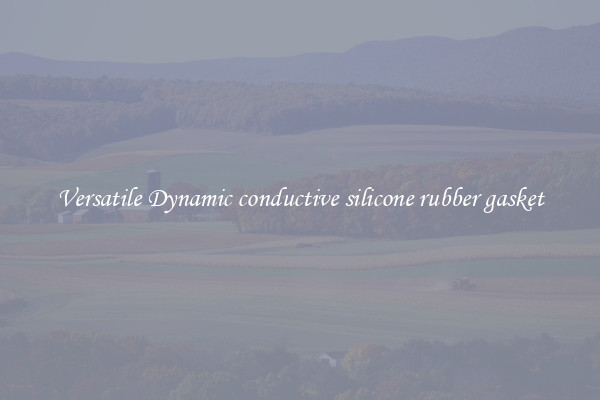factory housing, factory housing Suppliers and Manufacturers
Factory housing, also known as prefabricated or modular housing, has gained popularity in recent years as a cost-effective and sustainable solution to the growing demand for affordable housing. These homes are manufactured in factories before being transported to the final location for assembly. With factory housing suppliers and manufacturers playing a crucial role in the production process, let's explore the benefits and workings of this industry.

Factory housing offers several advantages over traditional construction methods. One of the key benefits is its cost-effectiveness, as the assembly line production in a controlled environment reduces material waste and labor costs. Additionally, the use of standardized components and streamlined processes enables manufacturers to offer affordable housing options to a larger population. As a result, factory housing has become a viable solution for tackling the global housing crisis by bridging the gap between demand and supply.
Moreover, factory housing is known for its energy efficiency and sustainability. Many manufacturers incorporate eco-friendly features, such as solar panels, rainwater harvesting systems, and energy-efficient appliances, into their designs. These homes are also built using recyclable and non-toxic materials, reducing the environmental impact typically associated with construction. By embracing sustainable practices, factory housing suppliers and manufacturers contribute to the creation of a greener and more sustainable future.
The factory housing industry relies heavily on the expertise and capabilities of suppliers and manufacturers. Suppliers provide the necessary raw materials, components, and equipment required for production, ensuring the smooth functioning of the assembly line. These suppliers play a vital role in ensuring high-quality materials are sourced in an efficient and cost-effective manner.
Manufacturers, on the other hand, are responsible for the conversion of raw materials into factory-built modules and components. With expertise in design, engineering, and manufacturing, these companies employ skilled workers to construct the various parts of a factory-built home. The modules are then transported to the final location, where they are assembled to create the finished house.
Collaboration between factory housing suppliers and manufacturers is crucial for the success of the industry. Manufacturers rely on a steady supply of high-quality materials from suppliers, while suppliers depend on the demand generated by manufacturers. Both parties need to maintain open communication channels and partner with each other to ensure a steady flow of production and delivery.
In conclusion, factory housing presents a viable solution to the global housing crisis. This innovative approach offers cost-effective, energy-efficient, and sustainable housing options for individuals and communities. With the collaborative efforts of suppliers and manufacturers, the factory housing industry continues to grow, providing a brighter future for affordable and environmentally friendly homes.

View details

View details

View details

View details








